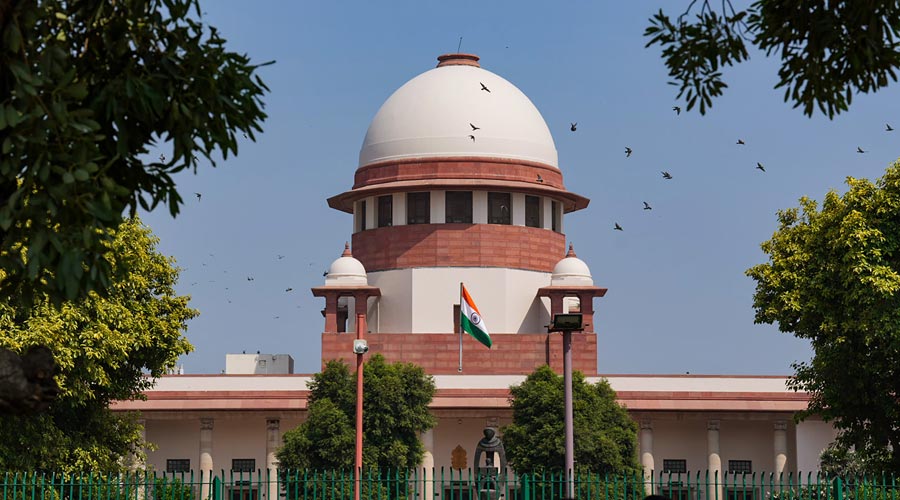On April 29, 2023, the Supreme Court of India issued a directive to all states, ordering them to take immediate action against individuals who make hate speech, regardless of their religion, ethnicity, or any other factor. The order emphasized that it is necessary to protect the secular nature of India, and that any attempts to disrupt communal harmony through hate speech must be dealt with firmly.
The Court’s directive states that any hate speech incidents must be treated seriously, and FIRs (First Information Reports) must be registered suo motu, without waiting for someone to lodge a complaint. Offenders must be proceeded against under relevant penal provisions, including Sections 153A, 153B, 295A, and 505 of the Indian Penal Code (IPC). The Supreme Court has ordered that states ensure that these sections of the IPC are applied whenever hate speech occurs.
The Supreme Court has also directed the Director-Generals of Police in all states to ensure that their subordinates are informed about the court’s order, so that appropriate action is taken as quickly as possible. The Court has warned that any hesitation on the part of police officers to abide by the order will be viewed as contempt.
The directive comes in response to an increasing number of incidents of hate speech in recent years, which have caused significant communal disharmony and have sometimes even led to violence. The Court has emphasized that hate speech incidents must be treated seriously and dealt with firmly to prevent further harm.
However, there are concerns that such directives may be used to curtail free speech, and that the line between hate speech and legitimate criticism may be blurred. In response, Advocate Kaleeswaram Raj, representing senior journalist Sashi Kumar, has argued that it is necessary to balance the need to prevent hate speech with the need to protect free speech. He has suggested that new draconian laws or preventive measures could create more problems than they resolve.
It is worth noting that this is not the first time the Supreme Court has issued such a directive. In October of the previous year, the Court ordered the immediate registration of FIRs against people who trigger communal violence with hate speeches. At that time, the Court expressed concern about the “climate of hate” in the country and the reduction of religion to a tool for inciting violence.
Overall, the Supreme Court’s directive is an important step in ensuring that hate speech incidents are dealt with promptly and effectively. It remains to be seen how the directive will be implemented in practice, and whether concerns about curtailment of free speech will be addressed.
